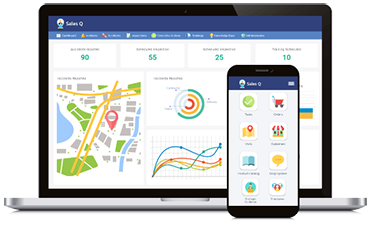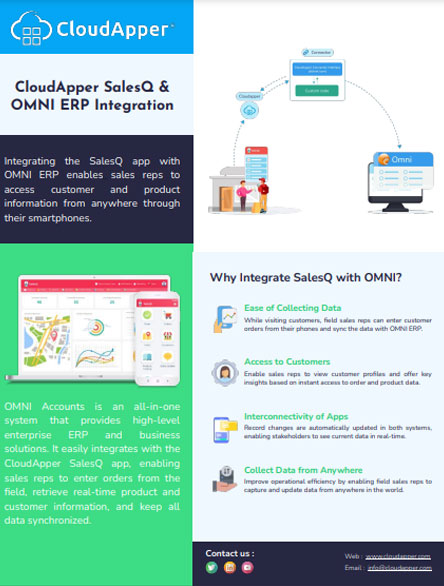One of the most important aspects of sales operations is the act of closing a sales deal. While this is true, people often overlook the importance of certain aspects of a sales process, such as sales analysis, sales management, and sales strategy. It is important to note the significance of effective, quality sales management. Sales management refers to the process of establishing, managing, and improving a sales team in order to achieve optimum sales success. This includes everything from hiring a capable sales team, creating sales strategies and sales processes, to analyzing sales driving forces and sales restraining forces in order to improve sales performance.
The Importance of Sales Management
The significance of good and efficient sales management should never be underestimated or overlooked. It is through sales management that you gain insights into your sales force, and it will help clarify sales deals and sales goals and optimize processes in order to improve sales performance and increase sales. Good sales management enables you to constantly keep a finger on the pulse of the sales industry. This ensures that no important detail is overlooked as there is a dedicated sales team managing sales growth, sales regulations, and external factors, as well as threatening competitors.
Factors of Sales Management
There are three primary factors of sales management that every sales manager and field sales representative must be mindful of and adhere to.
-
Sales Operations
The first is that of sales operations. Sales operations consist of a lot of preliminary work when it comes to managing your sales team. Sales operations is key to ensuring that sales reps sell to customers as efficiently and effectively as possible. Some key features of sales operations include recruitment, onboarding and training of a sales team, sales forecasting, sales data management, and lead generation.
-
Sales Strategy
The second factor of sales management is that of sales strategy. A sales strategy is designed to focus on action factors such as creating sales solutions value, identifying potential sales customers, and initiating conversations with these customers in order to hopefully close sales deals. A sales strategy includes prospecting, connecting and qualifying, demonstrating value, handling objections, closing, and nurturing.
-
Sales Analysis
The final primary factor of sales management is sales analysis. The process of sales analysis includes evaluation of sales performance, the determining of outcomes, and the use of sales KPI’s for effective reporting. Key factors of sales analysis include total revenue, profit margin, sales growth, sales closing ratio, sales cycle length, and so forth.
Who Benefits from Sale Management?
Many are set to benefit from strategic and effective sales management. However, the three groups most likely to benefit are sales managers, salespeople, and customers. Sales managers are the ones who are in charge of an entire sales department and are responsible for organizing optimized processes and offering valuable insights in order to establish methods to achieve sales goals. Salespeople are able to follow and master effective sales processes through efficient sales management. The automation of less important sales tasks allows salespeople to focus more on potential and existing sales customers. Customers are provided with pleasant and positive experiences as a result of well-equipped and skilled salespeople and sales managers.
Using Sales Tracking Software to Accompany Efficient Sales Management
Efficient sales management must be accompanied by just as efficient sales tracking software in order to provide salespeople and sales managers with clear visibility into all sales operations. This will enable them to improve sales performance and increase sales. Sales tracking software such as SalesQ provides its users with features such as product management, task management, and customer management in order to better their sales performance. The cloud-based solution enables users to easily manage their field sales reps from the SalesQ app according to the geographic location, tasks, customers, and/or sales trends to achieve the best results. For more information about this excellent cloud-based solution, please contact CloudApper for more information.



















